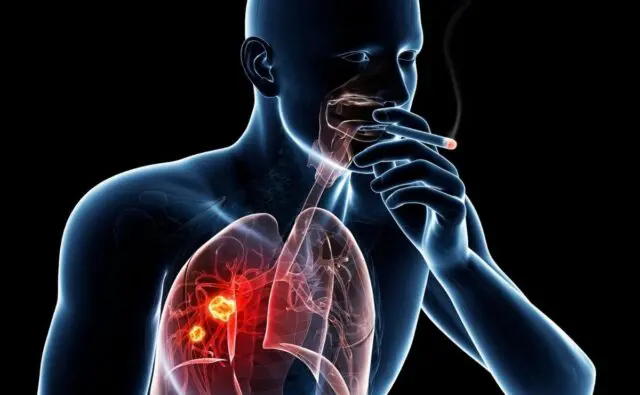. The burden is compounded by a number of factors: population aging and growth, as well as tobacco use and poor eating habits. Costa Rica places this disease among the five types of cancer that claim the most lives per year, with 6.2% of patients dying in 2021, most of them men.
Faced with this situation, United Against Cancer -a non-governmental organization- through its initiative Breathing Hope and the Autonomous University of Central America (UACA), propose the research project “Epidemiological behavior and socio-institutional response to address cancer of the lung in Costa Rica”.
To carry it out, a diagnosis was made on the epidemiological situation of lung cancer at the country level and the needs and barriers faced by patients with lung cancer in the country’s health services network were identified.
The research project began in January 2021 with the formation of a team of professionals in research, epidemiology, cancer and health promotion, to become an official investigation approved by the Scientific Ethics Committee (CEC) and the National Research Council in Health (CONIS).
“We seek to create evidence on the current situation and the needs faced by people diagnosed with the disease in health services. As a lung cancer survivor, I have ensured that the project has a people-centred approach and is developed in partnership with other relevant actors in the approach to lung cancer, including other civil society organizations”, indicated. Alexandra Núñez, president of the Association United Against Cancer.
Increase in the mortality rate in some cantons promoted the project
Some of the data that prompted the investigation date from the period from 2000 to 2009, where in Costa Rica there was an increase in the mortality rate in cantons such as San Mateo, Dota, Osa, Atenas and Moravia, the most affected area being the Great Metropolitan Area.
“In our country, cancer has figured as one of the public health problems, this due to its burden on morbidity and mortality, the social and economic repercussions. It is important to highlight that this burden can decrease, as long as preventive public policy measures are taken and diagnostic, treatment and follow-up protocols for patients with the disease are standardized,” explained Núñez.
Within phase 2 of the investigation, a representative part of the public and private institutional response in Costa Rica was identified, mainly from the Costa Rican Social Security Fund and the Ministry of Health, as well as the response of organized civil society to the Epidemiological situation of lung cancer in Costa Rica.
For this, a documentary review was developed and different actors were consulted through semi-structured interviews: institutional, organized civil society and pharmaceutical companies. And as the last phase, the Voice of the patient was highlighted, a route of the lung cancer care process, where patients diagnosed with lung cancer and those accompanying said patients participated.

Decrease related to the prevention of tobacco use
At the country level, the epidemiological behavior estimated that the incidence of lung cancer had a decrease between the year 2000 and 2016 of 9.00%; The foregoing could be linked to national efforts in the framework of the prevention of tobacco consumption, mainly due to the General Law on Tobacco Control and its harmful effects on Health.
Regarding lung cancer mortality, from 1994 to 2019 it shows a constant growth in rates; The most affected population being men and people between 60 and 80 years of age.
Excluding smoking, lung cancer mortality rates are related to timely diagnosis. The 5-year survival of patients is 15%, since early-stage diagnosis is considered a mechanism for preventing and interrupting cancer progression.
Due to the above, a better classification of the risk of developing the disease is required using prediction models or biomarkers of lung cancer and considering the biological characteristics of aggressive cancers.
“It is important to identify the path of care, needs and barriers faced by patients with lung cancer in the care process. In addition, it is important to explore the stigma of the disease and the follow-up of the protocol for timely diagnosis by health personnel at the first level of care. The evidence provided by the evaluation will make it possible to validate the decision to expand or modify the execution of the intervention,” added Núñez.

For those who have experienced shifts in consciousness and know that more peace, joy, and love awaits in a better living environment. A bold shared vision. A living community and hub for innovation. A sustainable ecosystem for living and working. A model for the new future.
